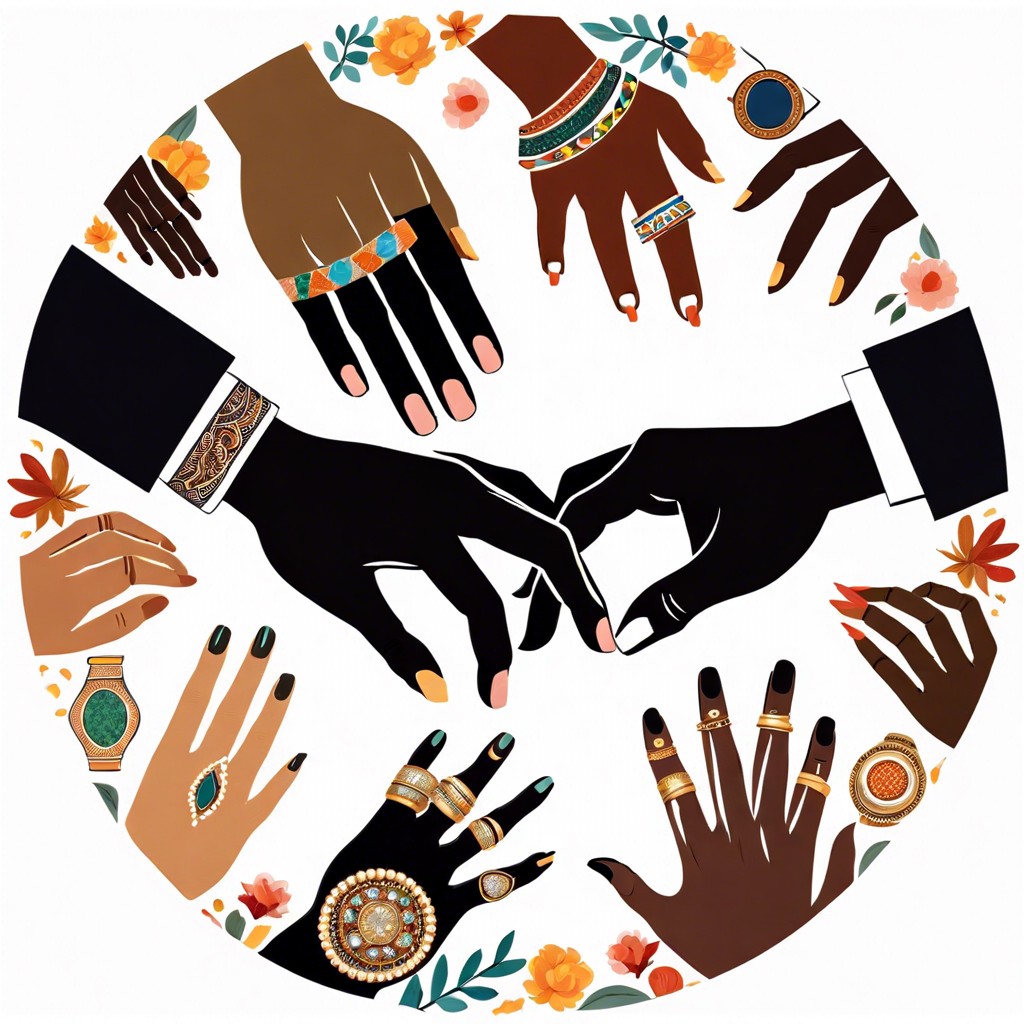This article provides clear insights into the earning potential of wedding planners, examining the factors that influence their income.
Key takeaways:
- Wedding planners’ incomes range from ,000 to ,000 annually.
- Hourly rates for wedding planners range from to + per hour.
- The size and scope of weddings managed affect earnings.
- Location, experience, and clientele niche impact income potential.
- Wedding planners specializing in luxury or destination weddings can earn higher fees.
Average Income for Wedding Planners

Wedding planners’ incomes can vary widely, with an average range generally falling between $30,000 to $75,000 annually. New entrants to the field typically earn on the lower end of the scale, whereas seasoned professionals with established reputations can command salaries toward the higher end or beyond, particularly if they regularly work on high-budget weddings.
Hourly rates for wedding planners can also fluctuate, from around $15 to $50+ per hour, depending on skills and experience. Some planners prefer to charge a flat fee per wedding, which might range from $2,000 to $10,000 and up. Factors such as the planner’s business model, whether they charge a percentage of the wedding budget, or provide à la carte services, will also determine overall income.
The size and scope of the events managed, from intimate gatherings to large-scale productions, further influence earnings. Planners overseeing more elaborate weddings typically command higher fees.
It is essential to understand that these income figures can be affected by the number of weddings planned per year. Part-time planners will have lower annual incomes compared to those who operate full-time and manage multiple weddings per month.
Factors Influencing Wedding Planner Salaries
Earnings in the wedding planning industry are not one-size-fits-all; they’re impacted by a myriad of factors.
Location plays a pivotal role; planners in metropolitan areas or regions with a higher cost of living often command larger fees than those in rural areas. A bustling city isn’t just about higher expenses, but also increased demand and the prestige of the locale.
Experience is another key determinant. As planners weave through the intricacies of the industry over the years, they cultivate a trusted reputation and a portfolio that justifies higher rates. Seasoned professionals leverage their honed skills and extensive networks to secure more luxurious and higher-paying gigs.
The clientele niche is crucial. Some planners focus on budget weddings, while others position themselves in the luxurious segment of the market. High-end clients tend to have larger budgets, allowing for more elaborate weddings and, thus, higher planner compensation.
These primary factors indicate that a wedding planner’s income can be as dynamic as the events they orchestrate, fluctuating with the harmony of supply, demand, and expertise.
Location and Local Market Conditions
Just as the cost of living varies by region, so does the earning potential for wedding planners. In bustling metropolitan areas where the demand for weddings is high, like New York City or Los Angeles, planners can command higher fees. Conversely, in smaller towns or regions with less demand, income may be lower due to market saturation or budget constraints of the local clientele.
Additionally, the type of market a planner operates in can affect income. Planners specializing in luxury or destination weddings often have the potential to earn more due to the complexity and scale of the events. These markets typically attract clients with larger budgets, translating into higher planner fees. On the other hand, those working in markets where clients expect cost-effective solutions might have to adjust their rates competitively.
It is also worth noting that fluctuations in the wedding industry itself, such as peak seasons and off-seasons, can influence income. A planner may experience higher earnings during popular wedding months and need to strategize for slower periods. Understanding these dynamics allows a wedding planner to make informed decisions on pricing and marketing strategies, ensuring a steady stream of business throughout the year.
Level of Experience and Seniority
As with many professions, a wedding planner’s earning potential often grows with experience. Newcomers may start on a lower income scale as they build a portfolio and client base. Entry-level planners might assist established planners or take on smaller events to gain practical experience.
Mid-career planners, having managed multiple weddings and possibly received noteworthy testimonials, can negotiate higher fees. Networking within the industry and with clients helps to establish a reliable reputation.
Seasoned wedding planners with years of experience usually command the highest salaries. Their extensive track record, coupled with a robust network of vendors and clients, affords them the leverage to take on more luxurious, high-budget weddings.
It is important to note that seniority can also bring about the opportunity to create a personal brand, which can substantially influence a wedding planner’s earnings. Recognizable names in the industry can become sought-after for their expertise and distinct style, allowing more room for premium pricing.
Types of Clients and Target Audience
Identifying your niche in the wedding industry is crucial for salary prospects. Luxury wedding planners catering to high-net-worth individuals typically charge premium rates for their exclusive services. Their expertise in upscale events justifies higher fees, reflecting the lavish budgets and elaborate details involved.
Conversely, planners focusing on budget-conscious couples often work with more modest event specifications. Although they might handle a larger volume of weddings, their fees per event can be lower, aligning with the financial expectations of their clients.
Specializing in destination weddings could also influence earnings. These planners not only organize the wedding details but may also coordinate travel and accommodation logistics, providing a full-service experience that commands a higher price.
Lastly, wedding planners who offer specific cultural, religious, or thematic expertise can attract a particular client demographic willing to pay extra for specialized knowledge and skills that resonate with their unique wedding vision.



